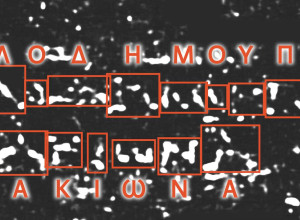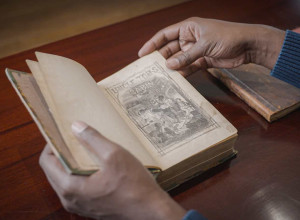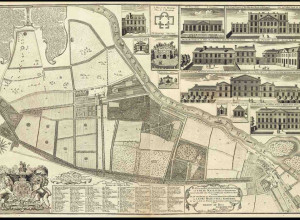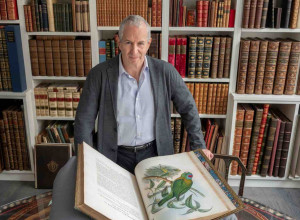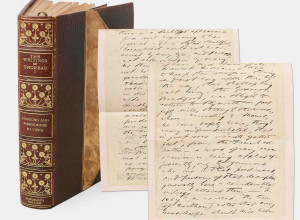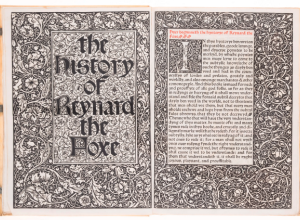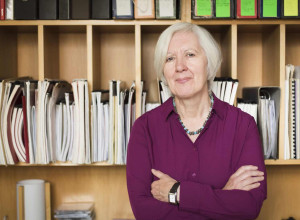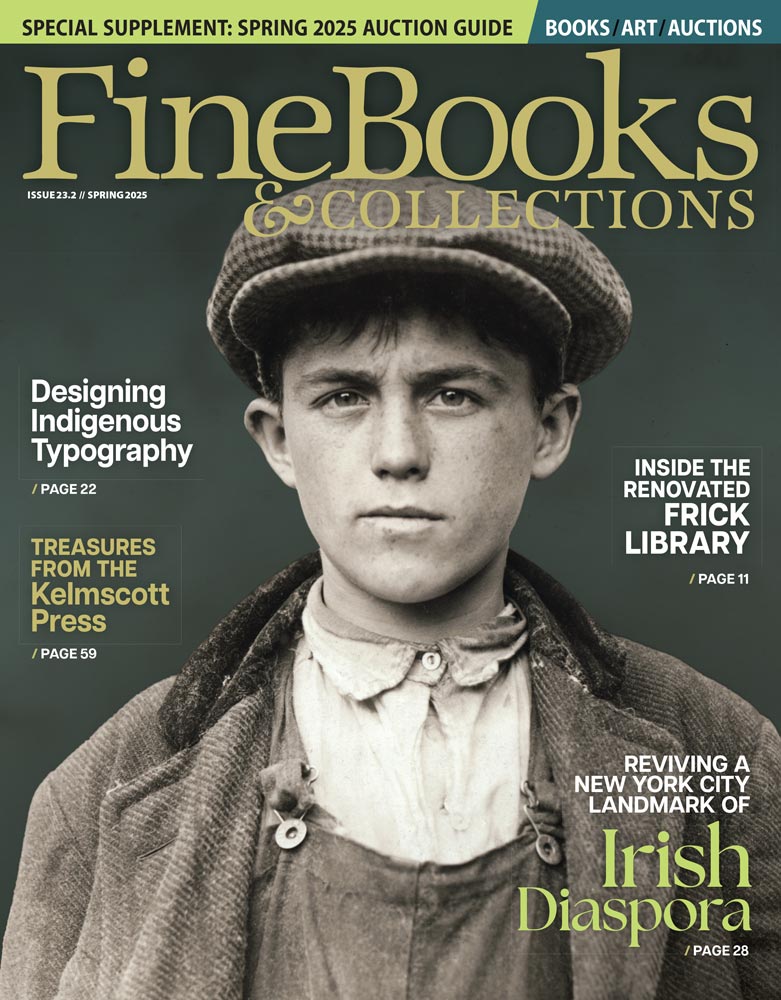Editor’s Spring 2021 Bookshelf: 5 New Books about Books

Burning the Books: A History of the Deliberate Destruction of Knowledge (Harvard University Press, nonfiction) by Richard Ovenden is one of the most important books about books to be published in recent years, exploring, as it does, how and why knowledge is erased, from book burning to vulnerable digital storage. The chapters on writers who wished their manuscripts destroyed (Kafka, Larkin) are particularly intriguing. Ovenden, director of the Bodleian Libraries, is an engaging writer whose personal insight based on his vast experience in libraries and archives enliven what could be a gloomy subject in our post-truth times. But Ovenden takes the long view of history and offers wise words to bolster his belief in the value of the preservation of knowledge.
A similar theme surfaces in Janet Skeslien Charles’ novel, The Paris Library (Atria Books, fiction), set in Paris on the brink of World War II, when circulating certain books and documents could get you killed. Based on the true story of one heroic librarian at the American Library in Paris who continued to serve her patrons in harrowing circumstances, this page-turner brings history to light. It is also supremely bookish. As Odile, the main character, tells us, “I loved Paris, a city with secrets. Like book covers, some leather, some cloth, each Parisian door led to an unexpected world.” (As a ‘preview’ of sorts, read the author’s “Getting Lost in the Libraries of Paris Researching World War II.”)
If, however, England at the turn of the twentieth century is more your cup of tea, The Dictionary of Lost Words by Pip Williams (Ballantine Books, fiction) is a sure thing, particularly if you happen to love the Oxford English Dictionary—and who among us does not love the OED? Esme, the daughter of one of the lexicographers working under James Murray, comes of age in the ‘scriptorium,’ learning to love words. As she begins to understand the socioeconomic inequalities around her, she starts a secret collection of “lost” words, the ones not deemed classy enough for the OED. It's a logophile’s delight!
Now, off to Florence! The Bookseller of Florence: The Story of the Manuscripts that Illuminated the Renaissance (Atlantic Monthly Press, nonfiction) examines fifteenth-century Italian bookmaking by focusing on the personal story of one man, Vespasiano da Bisticci, apprenticed to a Florentine cartolai (stationer/bookseller) at the age of eleven in 1433. Mastering first bookbinding and then writing, Vespasiano caught the attention of the city’s cultural elite, fulfilling his unlikely destiny as the “king of the world’s booksellers.” Author Ross King writes elegantly about this fascinating subject.
The Madman’s Library: The Strangest Books, Manuscripts and Other Literary Curiosities from History (Chronicle Books, nonfiction) bursts with life—from its eye-catching dust jacket to its gorgeous endpapers to its vibrant illustrations throughout—and it delivers exactly what it promises: cryptic books, literary hoaxes, and all manner of bookish oddities. The author, Edward Brooke-Hitching, grew up surrounded by antiquarian books and now collects quirky rare books; he owns several of the volumes referenced in this book, including an eighteenth-century French confessional with tear-out sins to help the confessor remember what to disclose, and a POW diary written on toilet paper. The Madman’s Library is nothing short of spectacular.





